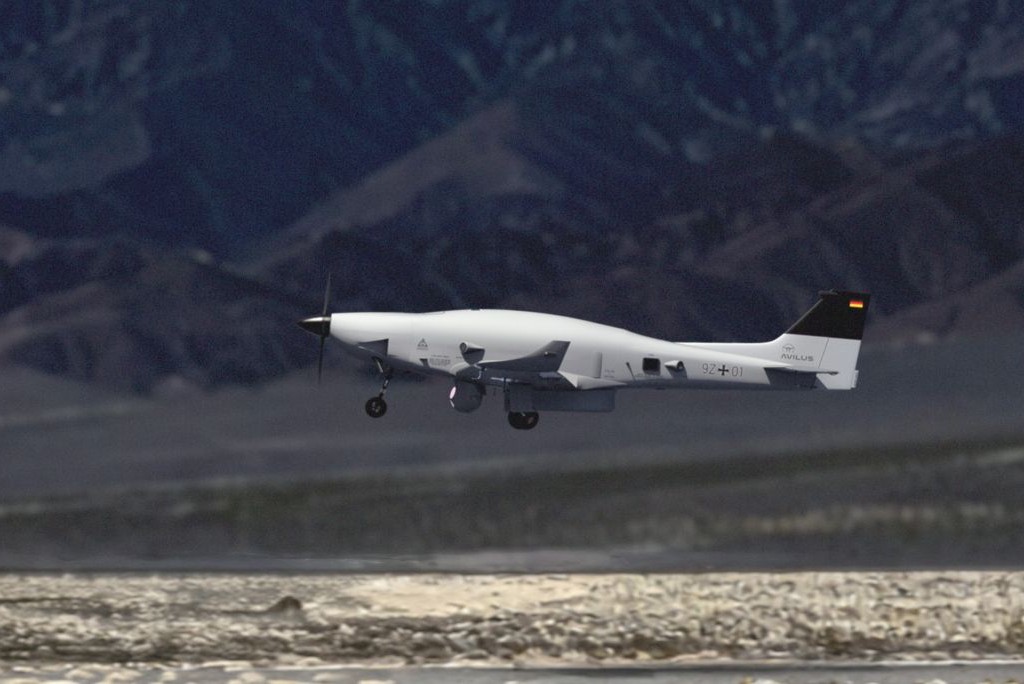Taiwan Advances Naval Capabilities with Hsiung Feng III Extended-Range Missile
Introduction to HF-IIIER Deployment
During the recent Han Kuang military exercises, Taiwan showcased its new Hsiung Feng III Extended-Range (HF-IIIER) supersonic anti-ship missile. This display marks a significant advancement in the Republic of China Navy’s (RoCN) capabilities, as reported by the state-owned Central News Agency (CNA).
Exercise Overview
The 41st iteration of the Han Kuang exercises, held from July 9 to July 18, simulated a comprehensive military defensive scenario against potential threats from the People’s Republic of China. Notably, the RoCN’s Haifeng Brigade, based in the Bali district of Taipei County, deployed at least four mobile HF-IIIER launchers along with a command-and-control vehicle. This strategic exercise underscores Taiwan’s commitment to enhancing its defense posture amid increasing regional tensions.
Specifications and Capabilities of HF-IIIER
The HF-IIIER is characterized by several advanced features:
- Mobile Launch System: Each mobile launcher is equipped with two containers capable of firing four missiles.
- Operational Range: The missile extends its operational reach to approximately 400 kilometers, enhancing Taiwan’s maritime defense landscape.
- Enhanced Technology: The HF-III family, developed by the National Chung Shan Institute of Science and Technology (NCSIST), includes various platforms, like land-, ship-, and air-launched variants.
Technical Attributes of HF-III
The baseline HF-III missile incorporates advanced propulsion and targeting systems:
- Ramjet Propulsion: This design enables the missile to achieve speeds up to Mach 2.3.
- Guidance Systems: Utilizing an active radar seeker and an inertial navigation system (INS), the missile engages targets with precision.
- Structural Design: The missile features a pointed tangent ogive nose, contributing to its aerodynamic efficiency, and a cylindrical body that enhances stability during flight.
Strategic Budget and Future Procurement
The advancement of the HF-IIIER missile is part of Taiwan’s comprehensive TWD240 billion (approximately USD 8 billion) budgetary allocation aimed at bolstering naval and air force capabilities from 2022 to 2026. This initiative reflects the government’s proactive approach to modernizing its defense infrastructure in response to escalating regional security threats.
Regional Context
Taiwan’s efforts to enhance its military capabilities come amid a backdrop of increased military assertiveness from China, including frequent incursions into Taiwan’s air defense identification zone (ADIZ). The successful integration and deployment of the HF-IIIER not only bolster Taiwan’s deterrence but also serve as a critical component of its broader strategy to maintain sovereignty and safeguard its territorial integrity.
Conclusion
Taiwan’s deployment of the HF-IIIER missile represents a significant leap in its military capabilities. By investing in advanced technologies and enhancing operational readiness, Taiwan seeks to fortify its defense against potential adversarial actions. As the regional security landscape evolves, the ongoing development and procurement of such advanced weaponry will be vital for maintaining a robust defense posture.





